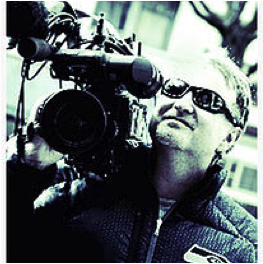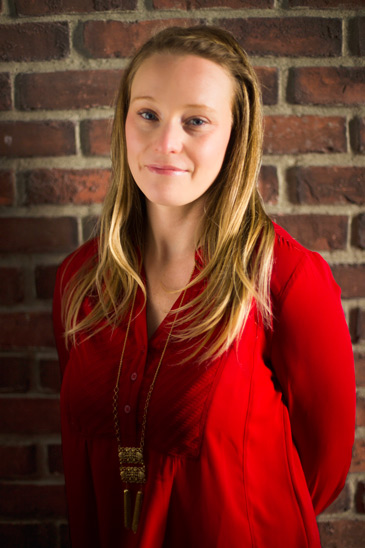[vc_row][vc_column][us_page_title align=”center”][us_separator show_line=”1″ line_width=”30″][vc_column_text] Media Training plays a very important role when stepping out to chat with media for the first time. Even if you are a seasoned vet doing interviews frequently,there is still much value to get from a training session. Media Training helps you find any places to improve upon, prepare you for hard hitting questions in times of crisis and how to provide clear and crisp soundbytes for media to use.
Hiring an experienced PR professional to provide training leverages their expertise and experience dealing with media. Your PR professional forges relationships with journalists and know exactly what to expect when you sit down for your interview. Combine that with an experienced camera person who works regularly in the press and you’ve got a winning team of consultants that prepare you for anything.
Today on the blog, we are chatting with Allan Coen of coen communications and our own Rachel Thexton on some Media Training Basics.

Allan Coen, coen communications
Allan Coen is an experienced broadcast television cameraman, Editor and Producer based in Vancouver, BC. He has over 25 years of experience in daily television news and features, as well as corporate video production and is the proprietor of coen communications.
What Should I expect from a media training session?
Allan: You should come out of it with a better understanding of how the Media works in general, as well as being fully prepared for an interview by a journalist.
Rachel: A media training session should provide you with background information on how the media works and how to meet their needs. The session will also teach you to give your best interview while delivering your story with confidence and information that will appeal to the reporter. During the session, you will be able to practice your interview skills on camera and then watch your interview on screen to evaluate how you can improve your communication with media.
What tips can you give me to prepare for the session?
Allan: Come with an open mind. You will be dealing with industry professionals, and our job is to make you look good.
Rachel: Come to a session with any media coverage you have participated in and background info on your feelings and experiences with media. We want to know how you feel about media, what your media encounters have been like and what media you would really like to connect with. Also, think about what you feel your best stories and angles are. We can evaluate these and provide you

Rachel Thexton, Thexton Public Relations
with feedback.
Why is it important do these kinds of sessions with a PR professional?
Allan: I always ask people if they have an exit plan for their office if there is a fire. Are they prepared for that ? Consider that bad publicity like a fast moving fire.
Rachel: As PR professionals, we work with media on a daily basis and we have an understanding of what media need and how they work. We have also developed skills on how to clearly communicate key messages to reporters, without sounding like a scripted robot! We monitor all kinds of news and blogs everyday and we have relationships with these writers and producers. This allows us to share insight on how to take a story and work with the right media to generate positive profile.
How do I know that I’m getting the most out of my media training session?
Allan: I like to get people on camera for a interview early in the training session to see where they are when facing tough questions. We then do some more training. By second time on camera, thats when you begin to see the value of a training session.
Rachel: After a media training session, you should have a much better understanding of what media need and how we work with you to connect you with the right media. You should also ask as many questions as you can and be satisfied and clear on the answers provided. We want you to leave the session with excitement about telling your story and confidence that, as a team, we can work together to make the interviewing experience a positive one.
What attire should I wear to a media interview?
Allan: Never white or strong patterns. You want to draw peoples attention to your face, not your purple jacket.
Rachel: What you wear to media training isn’t very important but it does help to be dressed comfortably in the kind of clothing you would wear for your kind of work. This is more important for the real interview itself. Being dressed comfortably and professionally is best.
What is the importance of having a camera incorporated into a training session?
Allan: The camera is invaluable. The only way to judge your abilities “on camera” is in front of a camera. Its like the “Road Test” when you’re getting your drivers licence.
Rachel: We run our media training sessions with an experienced media professional who works in the field and can provide you with insight and tips from the other side of the camera. Our media videographer will tape practice interviews with you and then play them so that you can see how you come across on camera and how we can work together to improve your interview skills.
The most important thing is to ask questions, talk about your concerns and any negative experiences you have had. Have fun with the training and use it as a time to practice your storytelling and develop the knowledge and skills that will give you the confidence and comfort to be an excellent spokesperson.[/vc_column_text][/vc_column][/vc_row]